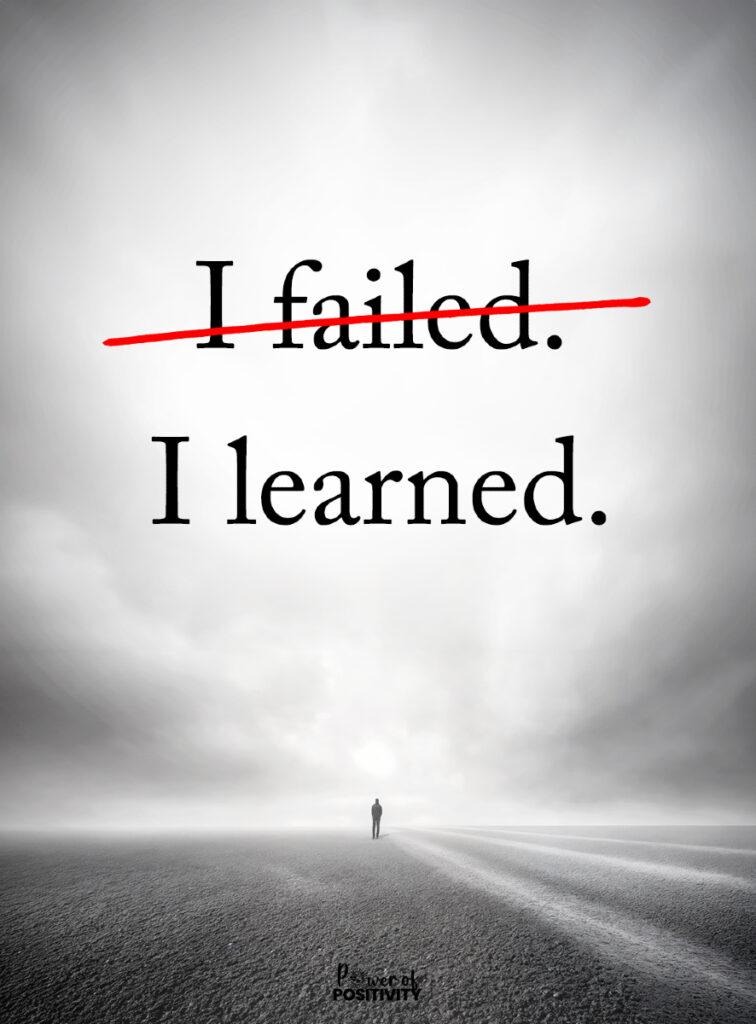How do you know if you feel truly safe with yourself and around others? That quiet, steady feeling—like you don’t need to hide parts of who you are—is what emotional security is all about. It’s not about acting tough or pretending nothing gets to you.
Some people can go through life never realizing they’re missing that inner sense of peace. They might always feel like they’re walking on eggshells, overthinking everything they say or do. Others might keep their guard up, even around people who care.
Emotional security gives you the freedom to just be yourself. You don’t have to prove anything, and you don’t have to pretend. Once you start building it, everything—from relationships to everyday stress—feels a little easier to handle.
What Emotional Security Really Means
Not needing to be perfect is part of feeling emotionally secure. You don’t have to be confident all the time, and you don’t need to pretend that you’ve got everything under control. Emotional security means you feel okay being yourself, even when things aren’t going great. You don’t walk around scared of judgment, rejection, or losing someone just because you showed how you really feel.
Instead of trying to fix or hide your emotions, you know they’re part of being human. You feel safe enough to speak up, be honest, and let people in. That kind of peace on the inside helps you stay calm, solve problems, and connect with others in a real way.
Most people don’t just wake up with emotional security one day. It usually starts when you’re young—based on how safe and accepted you felt growing up. But if you didn’t have that, you’re not stuck. Emotional security can still be built later through self-awareness, support, and learning how to respond to your own needs with kindness.
It doesn’t mean you never feel anxious or hurt—it means those feelings don’t take over your choices or how you see yourself. And that’s what makes all the difference.
What Causes Emotional Insecurity?
Growing up not knowing what version of someone you’d get—happy, angry, or silent—can shake your sense of safety. When love feels unpredictable or full of tension, it teaches you to always be on alert. Kids raised in those kinds of settings often carry that stress into adult relationships. Instead of feeling close to people, they might always be waiting for something to go wrong.
Past pain also plays a role. If you’ve opened up before and got hurt, your brain will try to protect you. That protection can look like shutting down, pulling away, or avoiding closeness—even when things feel safe now.
And sometimes, emotional insecurity comes from inside your own mind. If that little voice in your head keeps saying you’re not enough or that you’ll mess things up, it’s hard to trust yourself.
Here are a few common causes of emotional insecurity:
- Unstable relationships during childhood
- Painful breakups, betrayal, or rejection
- Fear of being judged or abandoned
- Negative self-talk or constant self-criticism
- Pressure to be perfect or always “good”
Understanding what shaped these feelings is the first step. Once you know what’s causing it, emotional security becomes something you can actually start to build.
7 Habits of Emotionally Secure People
Now that we’ve talked about what emotional security is and what tends to block it, let’s look at the habits of people who have it. These aren’t huge personality shifts—they’re small patterns you’ll notice in people who feel safe with themselves and their emotions.
1. They Don’t Take Everything Personally
Not every awkward moment or short reply gets under their skin. Emotionally secure people give others space to have bad days without making it about them. They don’t jump to conclusions or assume the worst. Instead, they check in if something feels off or they move on without overthinking it. Their sense of worth doesn’t get shaken just because someone else is upset or distracted. This habit shows how emotional security helps you stay steady even when the people around you aren’t at their best.
2. They Speak Up Without Fear of Rejection
Sitting on your feelings for too long can build resentment. People with emotional security don’t wait until they explode. They say what’s bothering them early, and they do it calmly. Whether it’s asking for support, setting a limit, or admitting they need help, they’re not afraid to open up. Speaking their truth doesn’t feel risky because they’re not tied to always being liked—they’re more focused on being honest and real. This makes their relationships clearer, healthier, and way less stressful over time.
3. They Accept Their Own Emotions (Even the Hard Ones)
When something hurts, they don’t pretend it doesn’t. Emotionally secure people let themselves feel emotions fully—without rushing to push them away. They know feelings like sadness, frustration, or even jealousy don’t make them weak or wrong. Instead of judging themselves for what they feel, they stay curious about it. That simple pause helps them process things in a healthier way. They don’t always look happy on the outside, but they stay connected to what’s really going on inside, and that’s a sign of emotional security.
4. They Set Boundaries Without Guilt
Telling someone “no” doesn’t shake them. When they set a limit, they do it clearly and without over-explaining. Emotionally secure people don’t stretch themselves thin just to please others. They know their time, space, and energy matter too. That doesn’t mean they’re cold—it means they’re honest about what they can give. Saying no doesn’t feel like rejection or failure. It’s just a part of taking care of themselves. And people who respect that usually end up sticking around longer.
5. They Don’t Rely on Constant Reassurance
Looking for outside approval every five minutes doesn’t run their life. Emotionally secure people enjoy compliments and support, but they don’t depend on them. Their self-worth comes from within, not from how many likes they get or how often someone texts back. They feel grounded in who they are, even when they’re unsure or having a tough day. They trust their choices and don’t need a crowd to back them up. That quiet confidence helps them stay balanced and less anxious in relationships.
6. They Stay Grounded During Conflict
Getting into an argument doesn’t flip their world upside down. Emotionally secure people can disagree without thinking everything’s falling apart. They listen, speak honestly, and try to work through the issue without yelling, blaming, or walking away. Their goal isn’t to win—it’s to understand and be understood. Even when things get tense, they hold onto that steady feeling inside. That’s the power of emotional security—it keeps your reactions calm even when your emotions are strong.
7. They Let People Be Themselves
Trying to control others doesn’t feel necessary. Emotionally secure people don’t need everyone to act a certain way to feel okay. They’re not looking to change their partner, friend, or family member just to feel safe. They allow people to show up as they are and decide what kind of relationship feels right from there. When you’re secure, you stop taking on other people’s moods, and you stop tying your happiness to their behavior. That freedom makes both sides feel more respected and real.
Final Thoughts on Creating Emotional Security
You don’t need to have a perfect past to feel emotionally safe now. Emotional security is something you build with small steps over time, not something you’re born with or without. It starts by paying attention to how you react, how you speak to yourself, and what you believe about your worth.
Some days, it might mean saying how you really feel. Other times, it’s letting go of old habits that once kept you “safe” but now hold you back.
There’s no finish line—you grow a little at a time. Whether you had solid support growing up or you’re figuring it out now, emotional security is always possible.
The more you show up for yourself during the hard moments, the stronger you become. And when you feel more secure inside, the world outside starts to feel a lot less scary.















